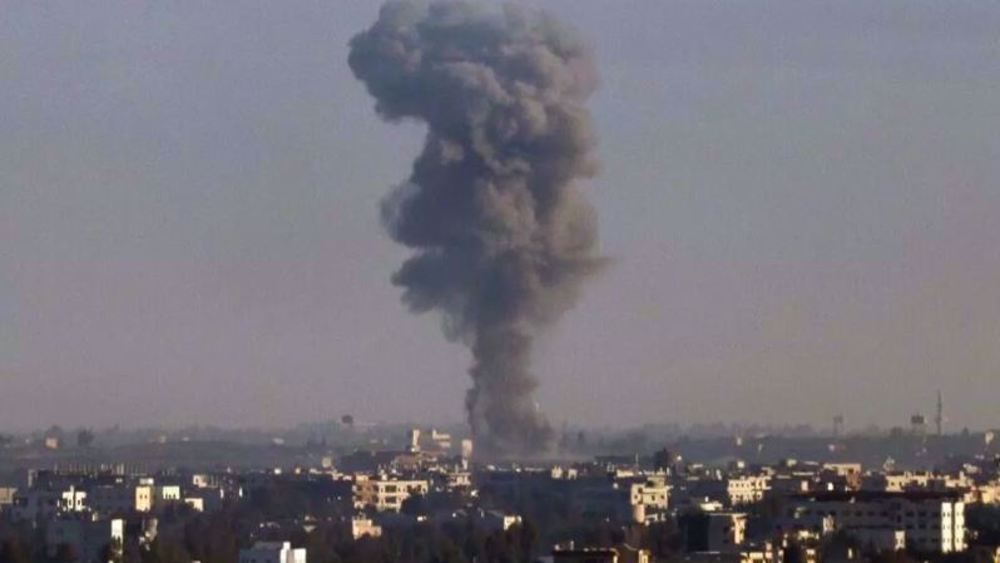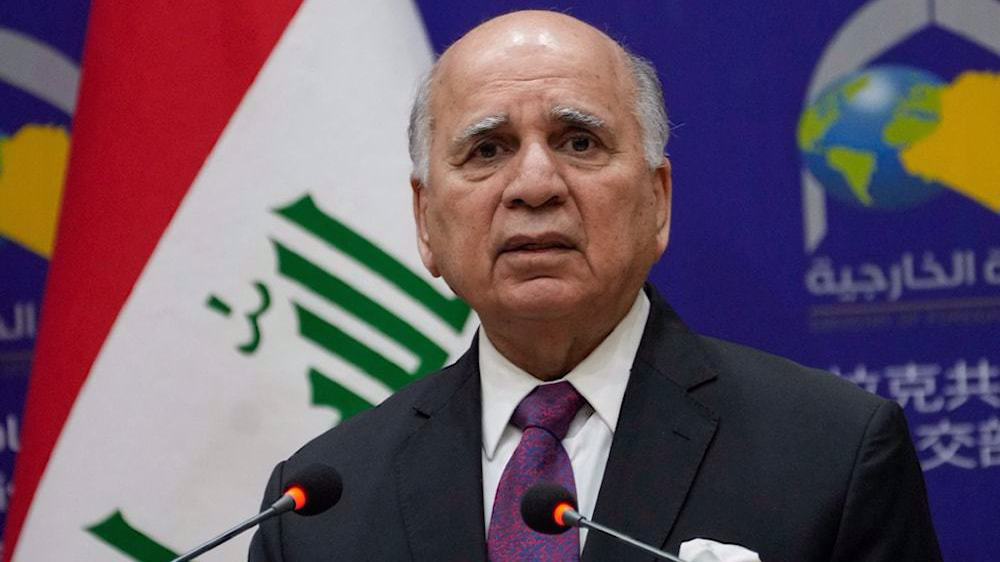WikiLeaks says OPCW manipulated report on Syria chemical attack
WikiLeaks has released an email sent by a member of the Organization for the Prohibition of Chemical Weapons (OPCW) in which its author has accused the watchdog of doctoring a report on a suspected chemical attack on Syria’s Douma.
The Douma attack occurred in April last year at a time when the Syrian army was about to win the battle against foreign-backed militants there.
Western states were quick to blame the Syrian government for the attack, and one week later, the US, Britain and France launched a coordinated missile strike against sites and research facilities near Damascus and Homs.
In the email, dated June 22, 2018, the author who was a member of a fact-finding team the organization deployed to Douma to investigate the attack, said, "Many of the facts and observations outlined in the full version are inextricably interconnected and, by selectively omitting certain ones, an unintended bias has been introduced into the report, undermining its credibility."
The author of the email also rejected as "highly misleading and not supported by facts” the OPCW claim that "sufficient evidence" was found to determine chlorine was "likely released” from cylinders they analyzed at two different locations in the Syrian city, dropped by government warplanes.
The author of the email said the samples the team analyzed were in contact with a chemical that consisted of a chlorine atom, which could have been a number of chemicals, and "purposely singling one of chlorine gas as one of the possibilities is disingenuous."
The OPCW report said there were "high levels of various chlorinated organic derivatives … detected in environmental samples."
"Describing the levels as ‘high’ likely overstates the extent of levels of chlorinated organic derivatives detected. They were, in most cases, present only in parts per billion range, as low as 1-2 ppb, which is essentially trace quantities," the email reads.
The email’s author added that a section, which referred to the inconsistencies with the victim’s symptoms between what witnesses reported seeing, and what was seen in a video that circulated online, was omitted from the redacted report.
"Omitting this section of the report (including the Epidemiology which has been removed in its entirety) has a serious negative impact on the report as this section is inextricably linked to the chemical agent identified. It either supports or detracts from the confidence in the identity of any possible chemical.
"In this case, the confidence in the identity of chlorine or any other choking agent is drawn into question precisely because of the inconsistency with the reported and observed symptoms. The inconsistency was not only noted by the fact-finding mission team, but strongly supported by three toxicologists with expertise in exposure to chemical warfare agents."
The email is the second leak that casts doubt on the credibility of the OPCW report on the Douma attack.
Earlier this year, an unreleased OPCW engineering report was leaked to the Working Group on Syria, Propaganda and Media that refuted militants’ claim that the cylinders that the engineering team examined were dropped out of a Syrian government aircraft.
The leaked engineering report said, "At this stage the FFM (fact-finding mission) engineering sub-team cannot be certain that the cylinders at either location arrived there as a result of being dropped from an aircraft."
The team said that “there is a higher probability that both cylinders were manually placed at those two locations”.
Syria surrendered its entire chemical stockpile in 2013 to a mission led by the OPCW and the United Nations.
Several reports have previously suggested the use of chlorine against civilians by anti-Damascus militants.
Hamas thanks Iran, Resistance Front following achievement of ceasefire in Gaza
'Capitulation': Israeli officials and media concede Gaza defeat as truce unfolds
'Gaza has won': Social media users react to ceasefire with mix of relief, joy
Iran seeks South Korea’s assistance for AI, fiber-optic projects
VIDEO | Iran's 'Eqtedar' (Power) maneuver
Israel hits HTS military target in Syria for 1st time since fall of Assad
VIDEO | Press TV's news headlines
Israel has slaughtered 13,000 students in Gaza, West Bank











 This makes it easy to access the Press TV website
This makes it easy to access the Press TV website